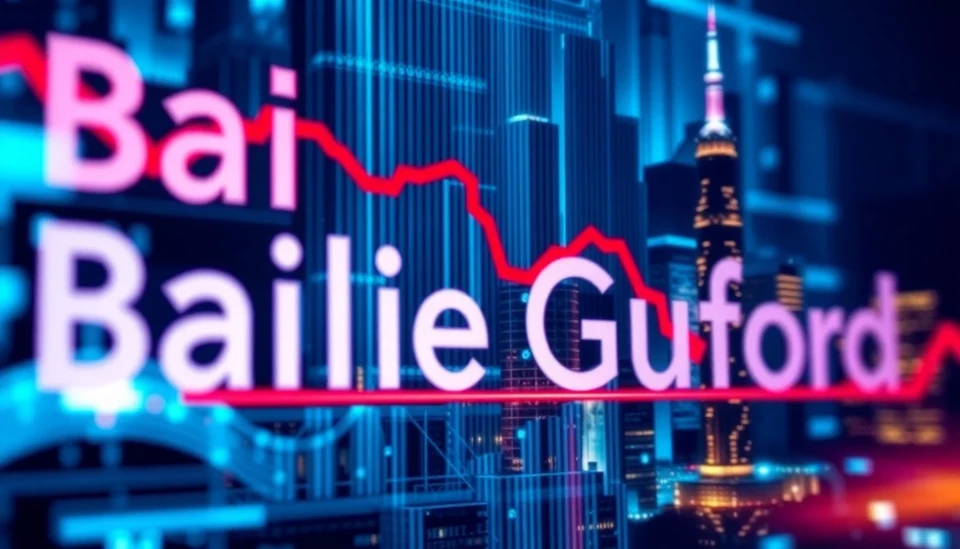
The recent downturn in the technology sector has triggered significant financial repercussions that could pose fresh challenges to the U.S. economic outlook. With tech stocks experiencing a notable decline, the wealth effect that typically fuels consumer spending and investment is coming under pressure. This trend comes as investors reassess the risks associated with high-flying tech valuations amidst rising interest rates and a potential economic slowdown.
Investors have witnessed a striking wipeout in value from some of the major tech firms, leading to billions of dollars disappearing from portfolios. This erosion of wealth is creating ripples throughout the economy, as reduced stock prices directly affect consumer confidence. According to analysts, a sustained drop in tech stock values could lead to a significant contraction in consumer spending, which is a vital component of U.S. economic growth.
As the wealth effect diminishes, concerns are mounting about the potential impacts on broader economic factors. Consumers, who typically feel more financially secure when their investments are thriving, may pull back on discretionary spending if their portfolios continue to decline. Such a shift can translate into lowered corporate revenue for not just tech companies, but also an entire spectrum of businesses reliant on consumer spending.
Further complicating the situation is the Federal Reserve's recent stance on interest rates. With rates remaining elevated, borrowing costs for both businesses and consumers are rising. This dual pressure from declining stock valuations and higher interest rates forms a precarious environment for economic growth. Many businesses may be forced to cut back on expansion plans or reduce their workforce in response to lower consumer demand, which historically can lead to a cascading effect throughout various sectors of the economy.
While some analysts remain optimistic that the tech sector will eventually stabilize and recover, others caution that the path ahead may be fraught with challenges. The prospect of a prolonged downturn in tech stocks could stifle innovation and investment in the sector, although the full extent of these effects is still uncertain. The intersection of these trends raises crucial questions regarding the resilient nature of the U.S. economy in the face of such adversity.
As market dynamics continue to evolve, all eyes will be on how both consumers and businesses respond to these changes. The implications of the tech sector's struggles are not to be underestimated, and they could serve as a bellwether for the overall health of the U.S. economic landscape moving forward.
The intertwining of consumer behavior and economic indicators such as employment rates, inflation, and GDP growth signifies that stakeholders across the board must remain vigilant. Policymakers, economists, and investors alike should prepare for a potentially volatile market ahead and the transformations that await.
Analyzing the data and trends will be essential as we face this shifting economic scenario. Understanding how these forces interact will not only shed light on the future of the tech sector but also illuminate the broader economic implications that may follow in their wake.
In summary, the tech sector's current decline presents new challenges to U.S. growth, warranting close attention from economic leaders and analysts alike.
#TechDownturn #USEconomy #ConsumerSpending #InterestRates #MarketTrends #EconomicGrowth
Author: Daniel Foster
